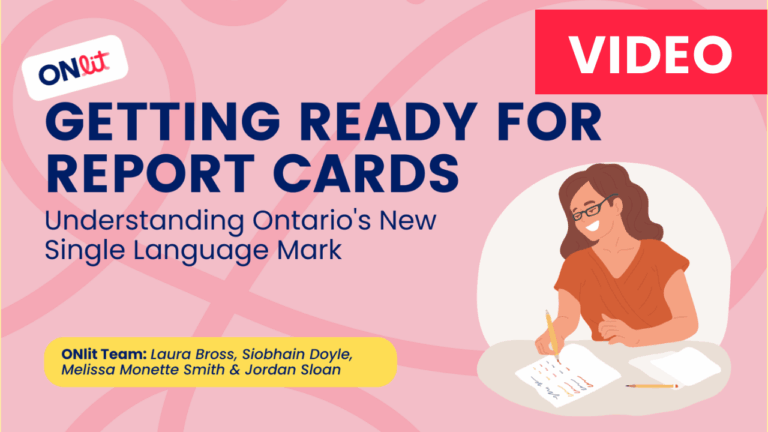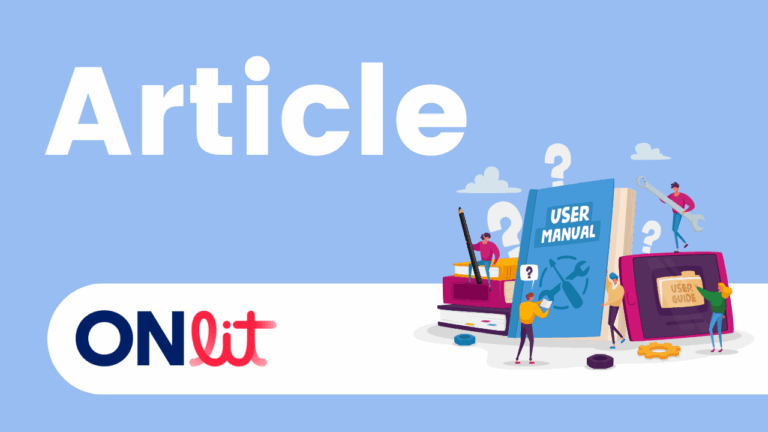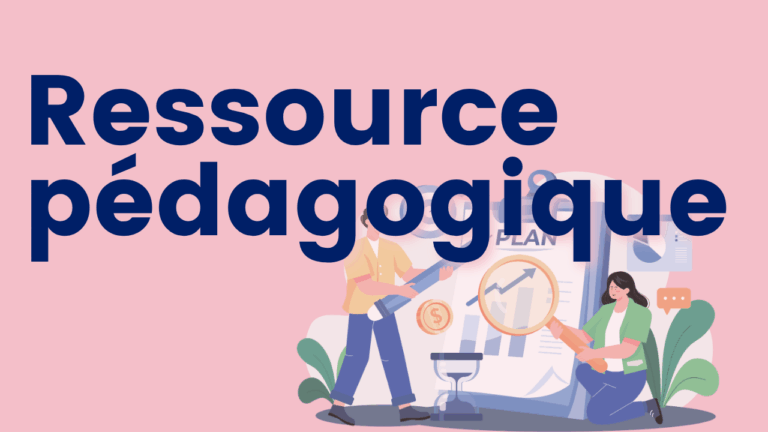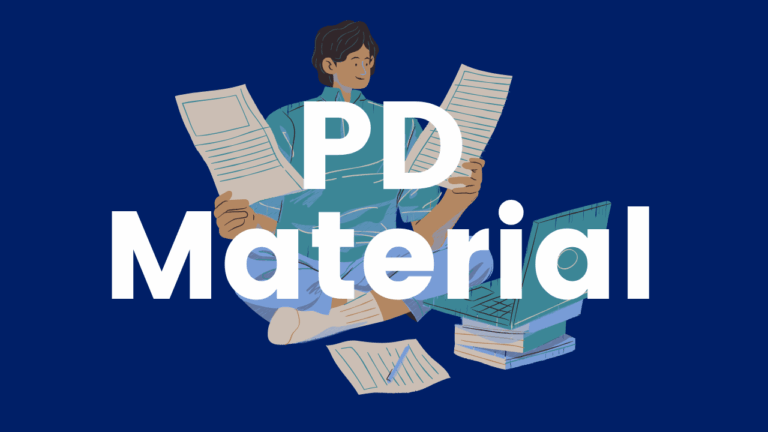GECDSB Curriculum Aligned Mentor Texts
Thank you to Greater Essex County DSB for generously sharing this spreadsheet! It contains sets of texts aligned with content from the 4 frames (kindergarten), social studies and science curricula (grades 1 – 6), and history and geography curricula (grades 7 and 8). These content-rich texts are meant to be used in repeated shared…








